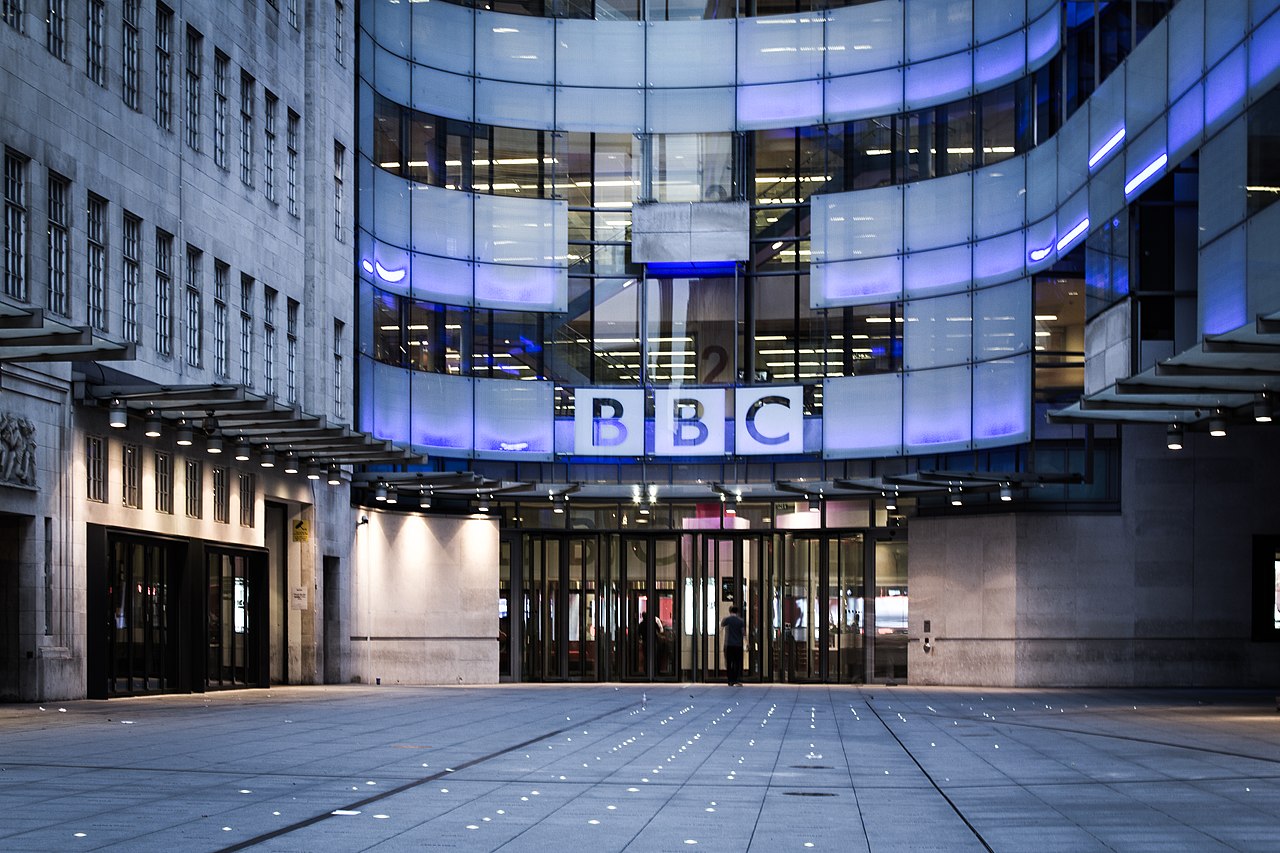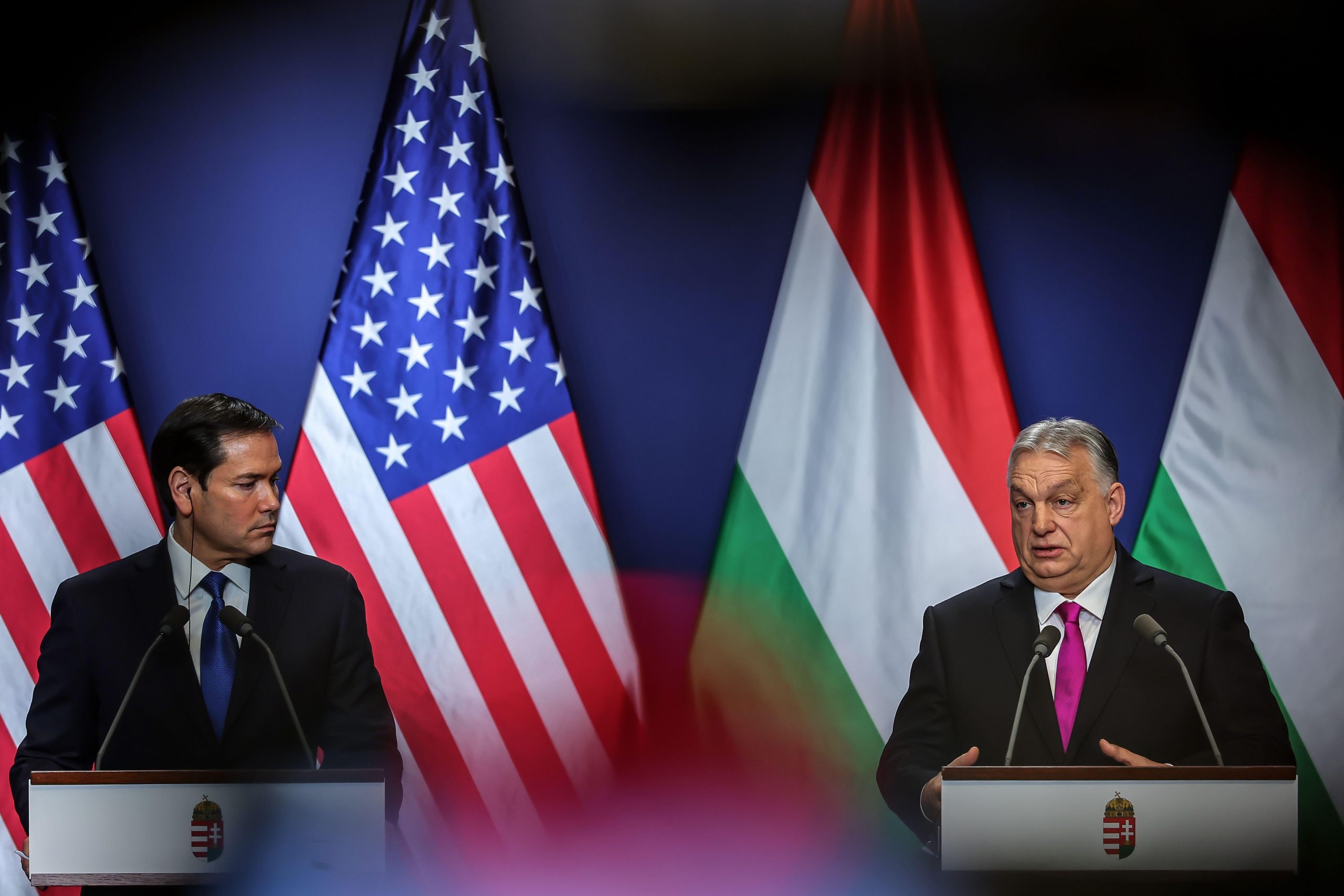A UAE regulator has withdrawn its threat to suspend BlackBerrys mobile communication services. In August, the Telecommunications Regulatory Authority said it would ban BlackBerry’s messenger, e-mail and web-browser services on October 11. It claimed BlackBerry’s use of internal encrypted networks raised national security concerns. Research in Motion (RIM), the Canadian maker of BlackBerry entered negotiations and the regulator has now determined that Blackberry has become “compliant” with UAE law. RIM has refused to specify any of their concessions. They are thought to have granted some access to communications passed between devices to the government. The authorities in India, Saudi Arabia, Indonesia, and Lebanon have expressed similar reservations.
NEWS
Support free expression for all
At Index on Censorship, we believe everyone deserves the right to speak freely, challenge power and share ideas without fear. In a world where governments tighten control and algorithms distort the truth, defending those rights is more urgent than ever.
But free speech is not free. Instead we rely on readers like you to keep our journalism independent, our advocacy sharp and our support for writers, artists and dissidents strong.
If you believe in a future where voices aren’t silenced, help us protect it.
At Index on Censorship, we believe everyone deserves the right to speak freely, challenge power and share ideas without fear. In a world where governments tighten control and algorithms distort the truth, defending those rights is more urgent than ever.
But free speech is not free. Instead we rely on readers like you to keep our journalism independent, our advocacy sharp and our support for writers, artists and dissidents strong.
If you believe in a future where voices aren’t silenced, help us protect it.
At Index on Censorship, we believe everyone deserves the right to speak freely, challenge power and share ideas without fear. In a world where governments tighten control and algorithms distort the truth, defending those rights is more urgent than ever.
But free speech is not free. Instead we rely on readers like you to keep our journalism independent, our advocacy sharp and our support for writers, artists and dissidents strong.
If you believe in a future where voices aren’t silenced, help us protect it.
At Index on Censorship, we believe everyone deserves the right to speak freely, challenge power and share ideas without fear. In a world where governments tighten control and algorithms distort the truth, defending those rights is more urgent than ever.
But free speech is not free. Instead we rely on readers like you to keep our journalism independent, our advocacy sharp and our support for writers, artists and dissidents strong.
If you believe in a future where voices aren’t silenced, help us protect it.
At Index on Censorship, we believe everyone deserves the right to speak freely, challenge power and share ideas without fear. In a world where governments tighten control and algorithms distort the truth, defending those rights is more urgent than ever.
But free speech is not free. Instead we rely on readers like you to keep our journalism independent, our advocacy sharp and our support for writers, artists and dissidents strong.
If you believe in a future where voices aren’t silenced, help us protect it.
READ MORE
-

Eight years on from the murder of Slovak journalist Ján Kuciak
On Saturday, friends of the Slovak investigative journalist held 30 commemorative demonstrations to mark his brutal murder in 2018
-

The BBC World Service must be defended not defunded
Index and other organisations call on the UK government to provide clarity over public broadcaster's funding at a critical time
-

Index reports on the breaking of the old order in Europe
Editor Sally Gimson reflects on a recent trip across central Europe
-

Kosovo: Media freedom groups demand adequate budget for broadcaster RTK
A proposed 60% shortfall would limit its ability to operate independently and to fulfil its mission to inform citizens on matters of public interest
